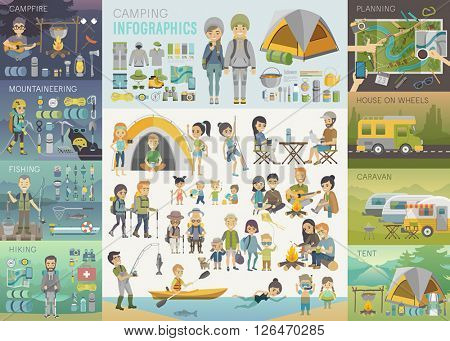Selecting the right frame product is important for occasion outdoors tents. Whether it's coated steel for budget outdoors tents or anodized aluminum for sturdy applications, there are lots of considerations to remember.
Steel structures are common in lower-priced pop-up outdoors tents but are prone to rust despite having finishings and require routine upkeep. Aluminum is light-weight, naturally withstands corrosion, and holds up well in damp or seaside atmospheres.
Steel
When it pertains to ensuring the toughness of personalized camping tents, the product used in their structures plays an important function. Steel and light weight aluminum alloys both offer costs longevity, but each offers one-of-a-kind benefits that make it proper for various types of environments. Steel is suitable for rugged conditions, while light weight aluminum master resisting rust and minimizing maintenance costs.
When occasion hosts select the best camping tent for their demands, they require to consider elements like anticipated weather conditions. For instance, structure outdoors tents frequently do much better in gusty or stormy conditions than post outdoors tents because they don't rely upon a central post to support the framework. Nevertheless, the links between structure pieces can damage in high tension scenarios. Determining these weak points and doing regular inspections can assist avoid possible damage.
Steel frames are tough to cut, weld or form, which can need specialized devices and boost labor expenses. In addition, they often tend to corrosion or corrode conveniently and might need additional defense or finishes. Furthermore, steel is very hefty and can create problems when delivering a canopy. It's also difficult to store for extended periods of time due to the fact that it uses up much more space than light weight aluminum frameworks.
Aluminum
Aluminum is a preferred framework material for canopy outdoors tents because it's light-weight, rust-resistant, and easy to carry and establish. It likewise supplies an extra stable shelter during gusty conditions than steel frameworks. Light weight aluminum is much less vulnerable to tearing and any kind of damages can be quickly repaired, prolonging the life of the tent. It also takes a breath to lower condensation and supplies premium acoustic insulation to moisten outside noise.
The resilience of aluminum frame outdoors tents is better boosted by the all-natural oxidation properties of the metal. It produces a portable oxide layer that protects the surface from rust and discolorations. As such, the longevity of an aluminum tent floor appear outdoor tents can be improved also better when the frame is plated.
Anodized aluminum is more powerful than steel and can withstand high wind speeds. Furthermore, the coating withstands deterioration and stains, prolonging the life-span of the tent. Additionally, plated aluminum is recyclable and sustainable, making it excellent for companies looking for LEED qualification. The combination of these residential properties makes light weight aluminum a more economical alternative than steel for large, heavy-duty camping tents, such as those made use of to suit commercial tools and warehouse inventory. Steel, on the other hand, is more costly because it needs expensive alloys such as nitrogen, molybdenum, and chromium to enhance strength.
Iron
Iron frame tents typically last up to 15 years if the right care and maintenance is used. This consists of consistently cleansing material and inspecting steel components for deterioration and wear. By taking these steps, occasion hosts can take full advantage of the reliability of their structures and ensure their ongoing performance in tough environments.
Steel is an optimal product for constructing long lasting outdoors tents, especially for usage in harsh weather. It is a solid, sturdy, and affordable material that provides security and strength for a wide range of applications. However, steel is prone to rusting in damp and seaside settings. The enhancement of safety coatings and regular maintenance can assist to alleviate this threat, yet these efforts increase overall maintenance expenses.
On the other hand, light weight aluminum is an extra sturdy choice for a custom-made camping tent due to its all-natural oxidation residential or commercial properties. When anodized, light weight aluminum becomes super-strong and approximately 3 times more difficult than standard light weight aluminum alloys. This makes anodized light weight aluminum the second-hardest compound next to ruby (satellites, aircraft, and armed forces vehicles all utilize anodized light weight aluminum). In addition to its longevity, anodized light weight aluminum is likewise extra resistant to corrosion than steel. These factors make aluminum a superb option for turn up canopy camping tents and add to their ability to lug longer warranties (5, 7, and even life time frame service warranties). Additionally, light weight aluminum is 1/3 the weight of steel permitting a much thinner frame style for even more customization alternatives and increased stamina.
